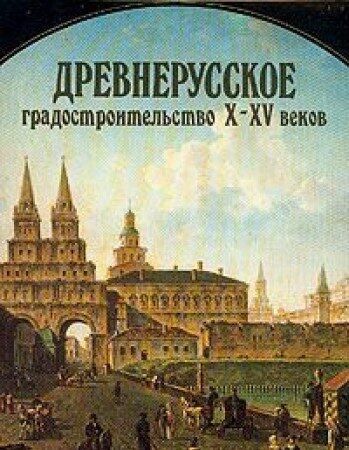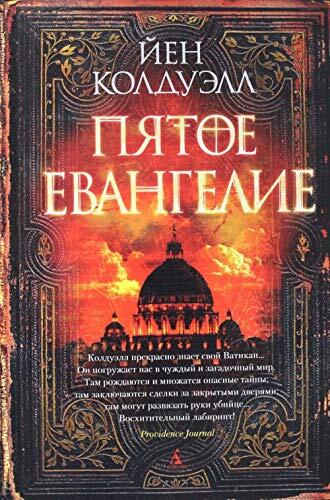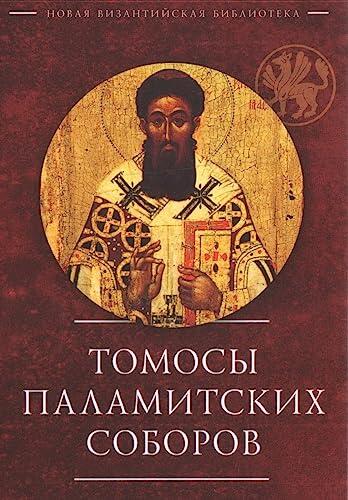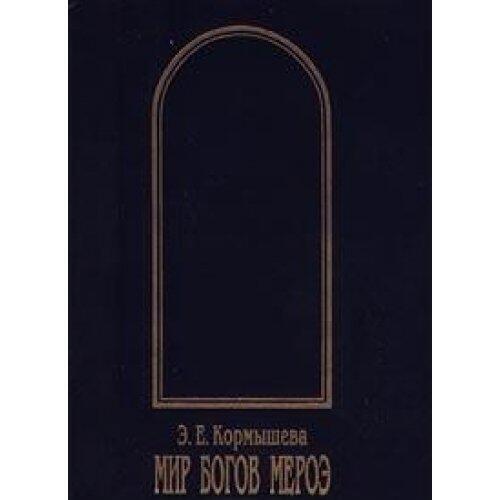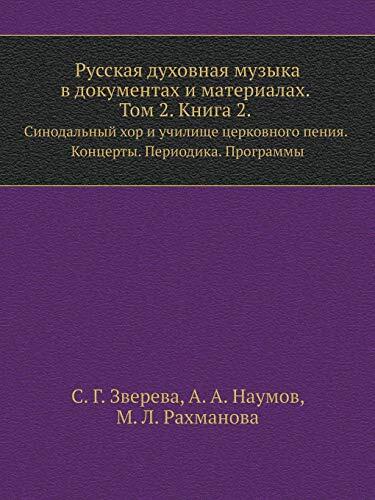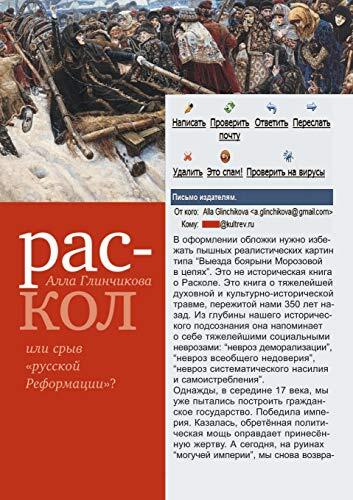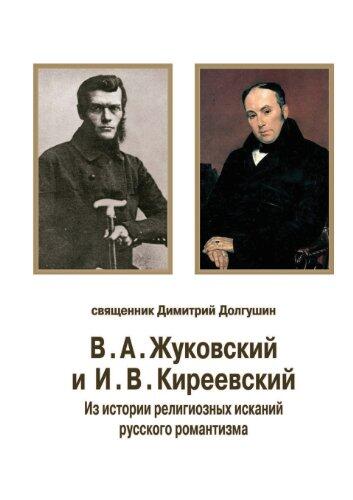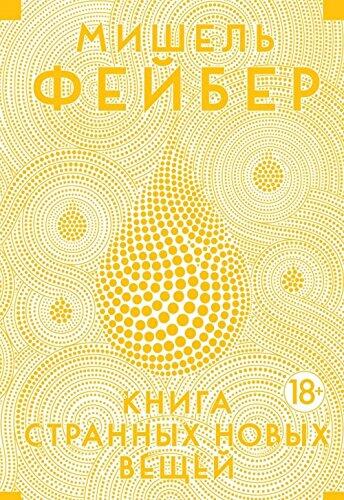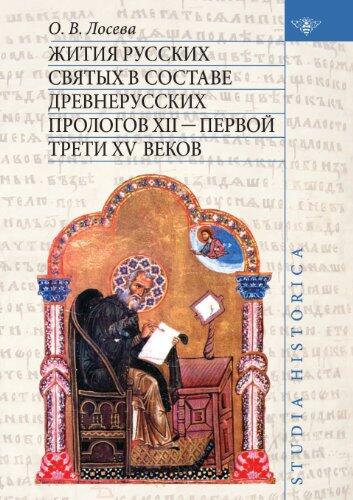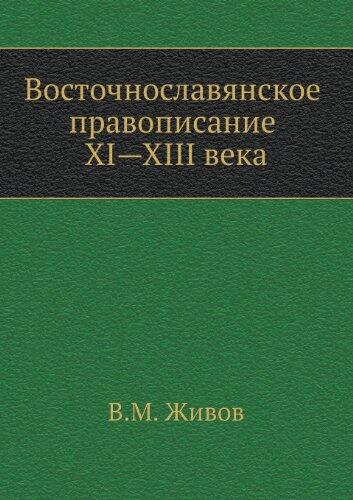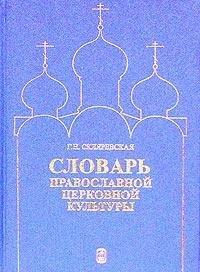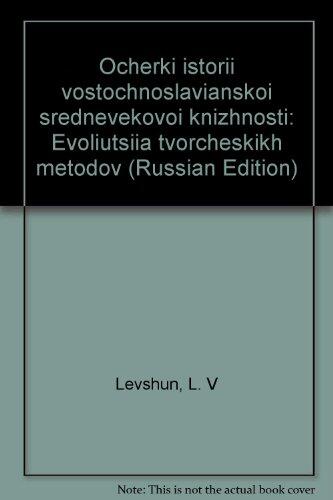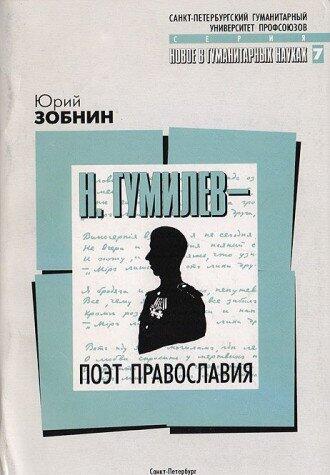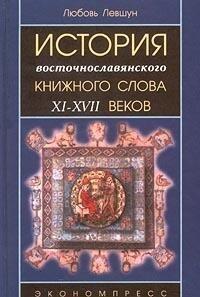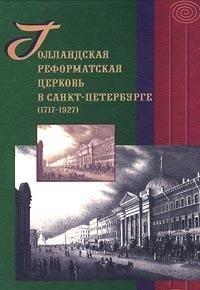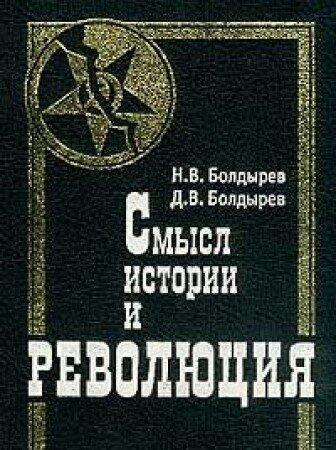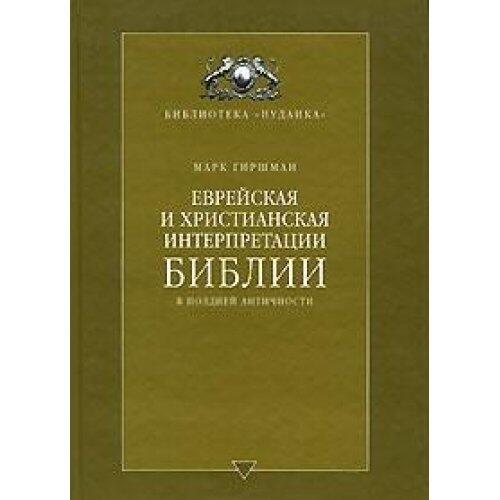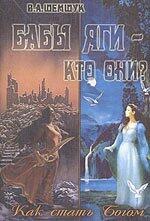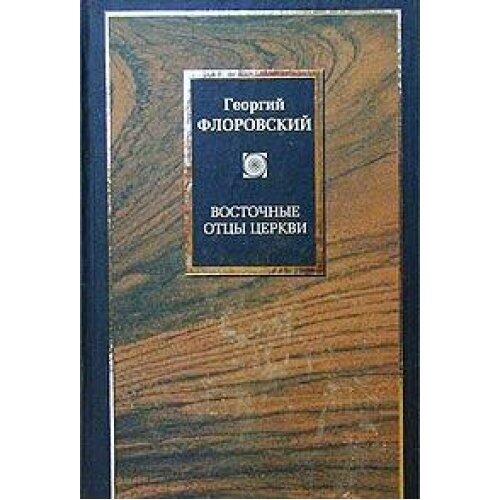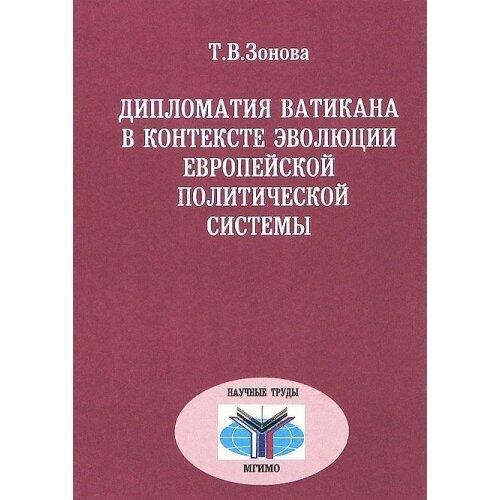
Diplomatii͡a︡ Vatikana V Kontekste Ėvoli͡u︡t͡s︡ii Evropeĭskoĭ Politicheskoĭ Sistemy
由
T. V Zonova
还没有评分
Religion & Spirituality
格式
精装书
页数
197
语言
俄语
已发布
Jan 1, 2000
出版商
ROSSPEN
ISBN-10
5824301786
ISBN-13
9785824301786
描述
T. V. Zonova delves into the intricate relationship between the Vatican and the evolving political landscape of Europe. By examining the historical and contemporary roles of Vatican diplomacy, Zonova paints a complex picture of how papal influence has shaped various political systems across Europe over the centuries.
The narrative explores critical events, diplomatic maneuverings, and the Vatican's interactions with state governments, providing insight into the unique position it occupies as both a spiritual and political entity. The author meticulously analyzes the Vatican's strategies in maintaining relevance amidst shifting power dynamics and ideological conflicts that often characterize European politics.
Zonova's work highlights the balance the Vatican must strike between its spiritual mission and political interests, underscoring the challenges and triumphs that have marked its diplomatic endeavors. This exploration invites readers to consider not only the historical significance of these interactions but also their implications for contemporary geopolitics.
Ultimately, this compelling examination fosters a deeper understanding of the Vatican's role in shaping modern European political discourse, making it a valuable resource for students of history, politics, and religious studies alike.
The narrative explores critical events, diplomatic maneuverings, and the Vatican's interactions with state governments, providing insight into the unique position it occupies as both a spiritual and political entity. The author meticulously analyzes the Vatican's strategies in maintaining relevance amidst shifting power dynamics and ideological conflicts that often characterize European politics.
Zonova's work highlights the balance the Vatican must strike between its spiritual mission and political interests, underscoring the challenges and triumphs that have marked its diplomatic endeavors. This exploration invites readers to consider not only the historical significance of these interactions but also their implications for contemporary geopolitics.
Ultimately, this compelling examination fosters a deeper understanding of the Vatican's role in shaping modern European political discourse, making it a valuable resource for students of history, politics, and religious studies alike.

